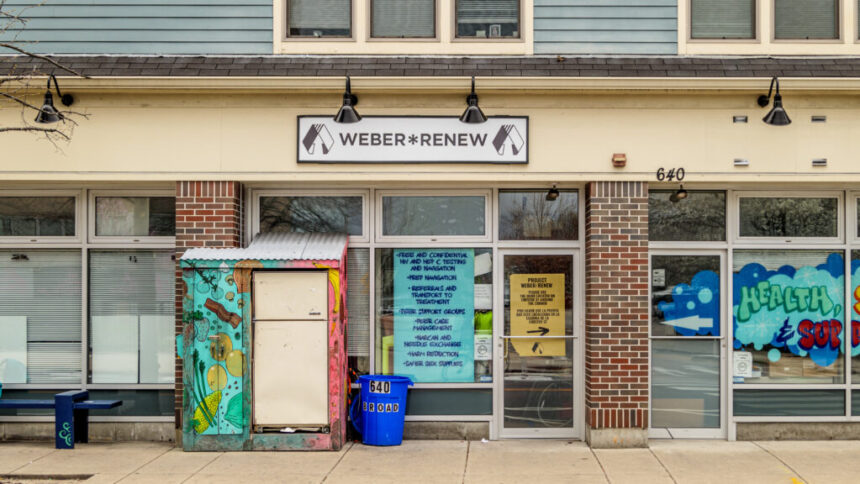Project Weber/RENEW, a Rhode Island nonprofit, is gearing up to launch a groundbreaking supervised consumption site this week, becoming only the second organization in the United States to officially provide this harm reduction service. Situated in Providence, R.I., this facility will mark the first supervised consumption site outside of New York City, where OnPoint has been offering the service since late 2021.
The ribbon-cutting event for the new facility is scheduled for December 10, with operations set to commence shortly after final licensing approval is obtained. Supervised consumption is a critical intervention aimed at preventing overdose deaths by allowing individuals to consume drugs under medical supervision.
Lisa Peterson, the chief operating officer of VICTA, an addiction care provider collaborating with Weber/RENEW, emphasized that supervised consumption is just one part of a comprehensive harm reduction strategy. She highlighted the positive impact the site will have on the neighborhood, promoting cleanliness and safety for residents, including children walking to school.
The timing of the facility’s opening is significant, considering the impending transition to a new presidential administration. Historically, conservative leaders have opposed supervised consumption sites, citing federal laws like the “crack house statute.” Despite threats from federal prosecutors in the past, the Biden administration has largely permitted supervised consumption sites to operate, as seen with OnPoint in New York City.
The launch of the Rhode Island site represents a legal milestone, as it operates under a specific state law that legalized supervised consumption as part of a pilot program. Other states, such as Minnesota and Vermont, have also passed legislation to explore the implementation of supervised consumption sites.
Opponents of supervised consumption sites argue that they enable drug use without consequences and may attract crime to the surrounding areas. However, proponents advocate for the sites as safe havens that offer essential services like sterile supplies, wound care, and meals, reducing the risk of fatal overdoses.
While evidence on the effectiveness of supervised consumption sites is limited, studies from other countries suggest a reduction in overdose deaths without a corresponding increase in drug use or crime. Researchers at New York University and Brown University are conducting a study to assess the outcomes of supervised consumption sites in New York and Providence.
As the United States grapples with a severe overdose crisis, the establishment of supervised consumption sites represents a critical step in addressing addiction and saving lives. By integrating harm reduction strategies into a broader continuum of care, these sites have the potential to make a significant impact on public health and safety.







